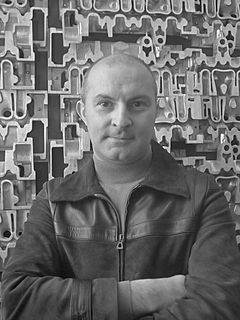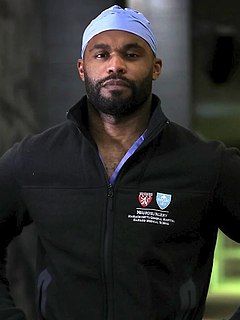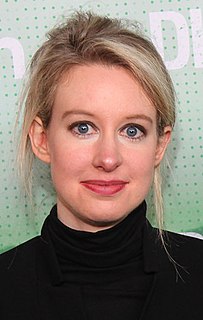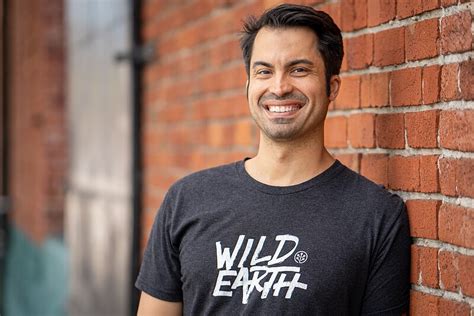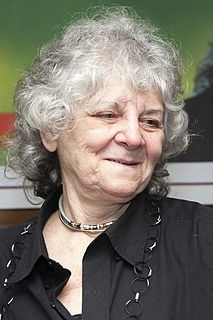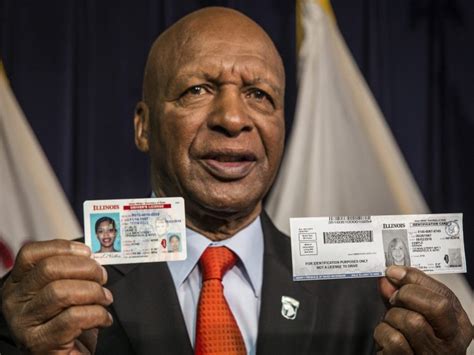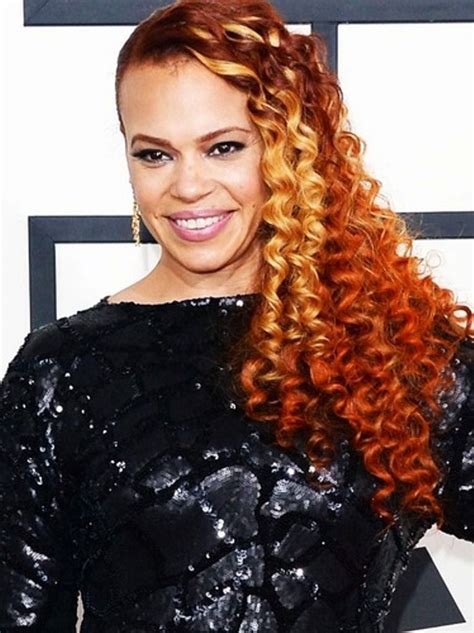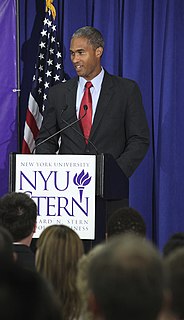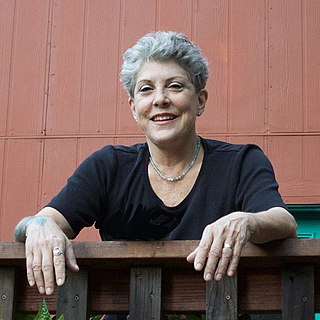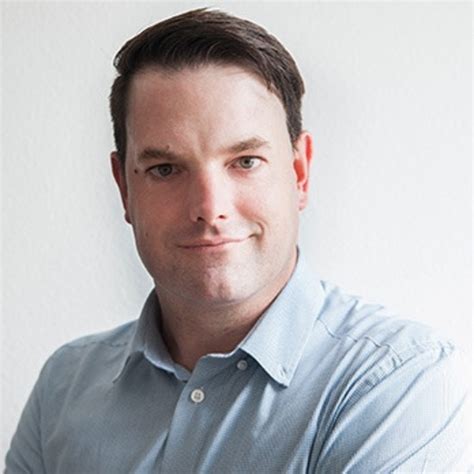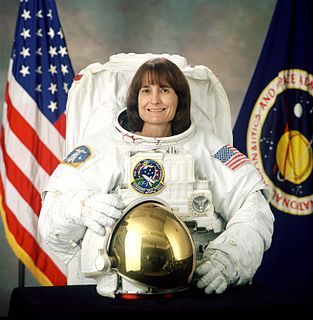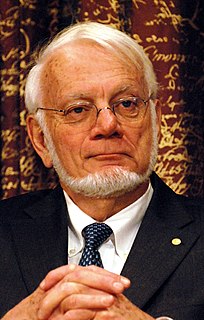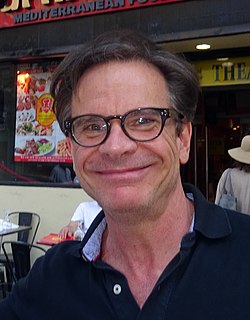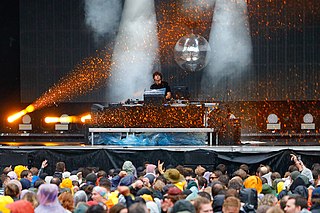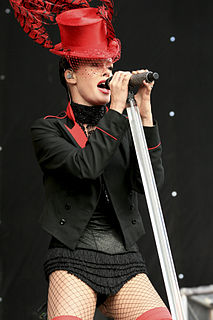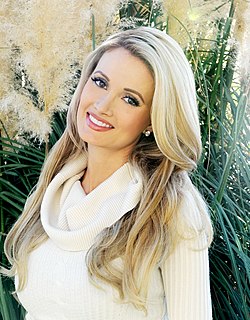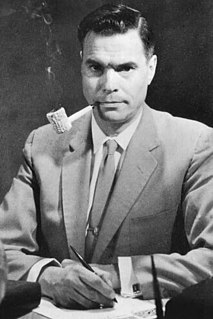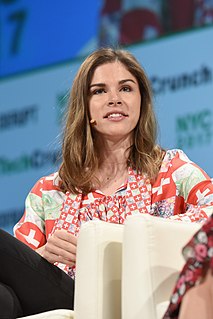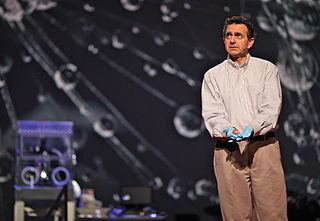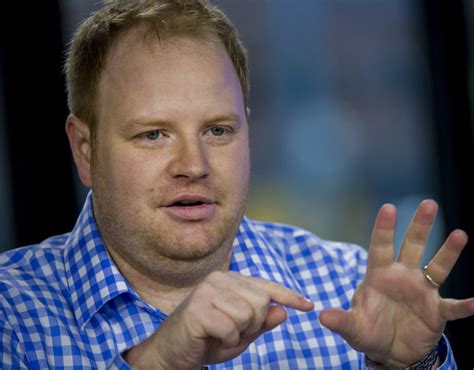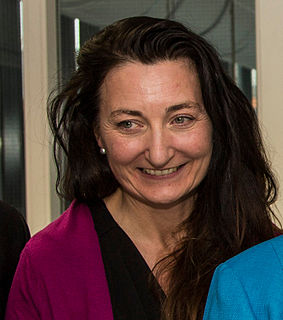Top 361 Lab Quotes & Sayings - Page 4
Explore popular Lab quotes.
Last updated on April 15, 2025.
No one thinks of the lab-testing experience as positive. It should be! One way to create that is to help people engage with the data once their physicians release it. You can't do that if you don't really understand why you're getting certain tests done and when you don't know what the results mean when you get them back.
There are people from lots of different fields in my department. In my lab, they come from computer science, education, psychophysics, psychology, music - and we all work together, and it feels very comfortable. All the careers I've had have been interdisciplinary; working in a studio is like being an engineer and a musician and a therapist.
Simple genome engineering of bacteria and yeast is just the beginning of the rise of the true biohackers. This is a community of several thousand people, with skill sets ranging from self-taught software hackers to biology postdocs who are impatient with the structure of traditional institutional lab work.
In a small lab, if you make a mistake, you can go in the next day and fix it. But here, when you are committed to spending a hundred thousand or a million dollars, you can't fix it later. You need to have a system of checks and balances internally. In particle physics, that's just part of the structure.
Everybody, as soon as they do a good experiment, their first thought in this lab is, 'That can't be right. I must have screwed it up. What did I do wrong?' And that's the best kind of scientist because they're filled with this self-doubt. And if I'm going to be honest, that's who I am. And it's what drives me.


